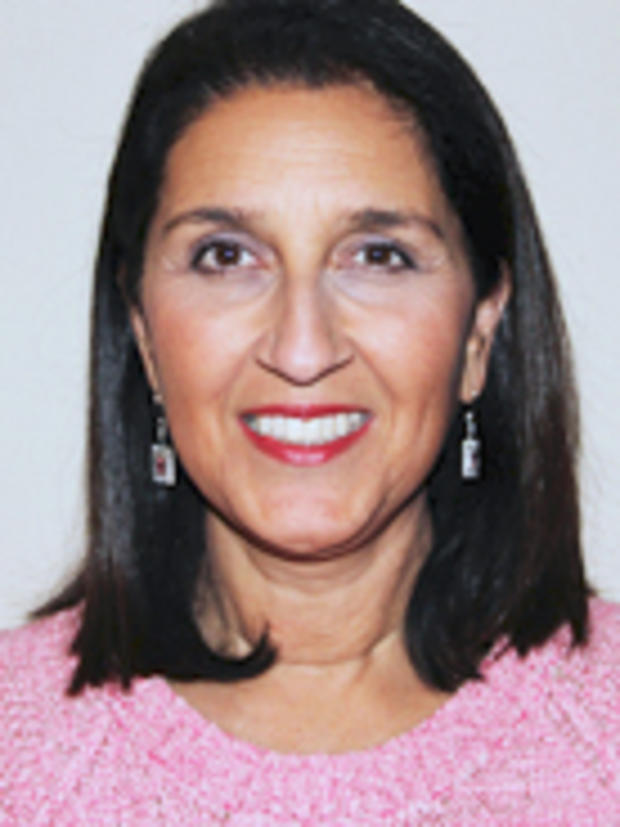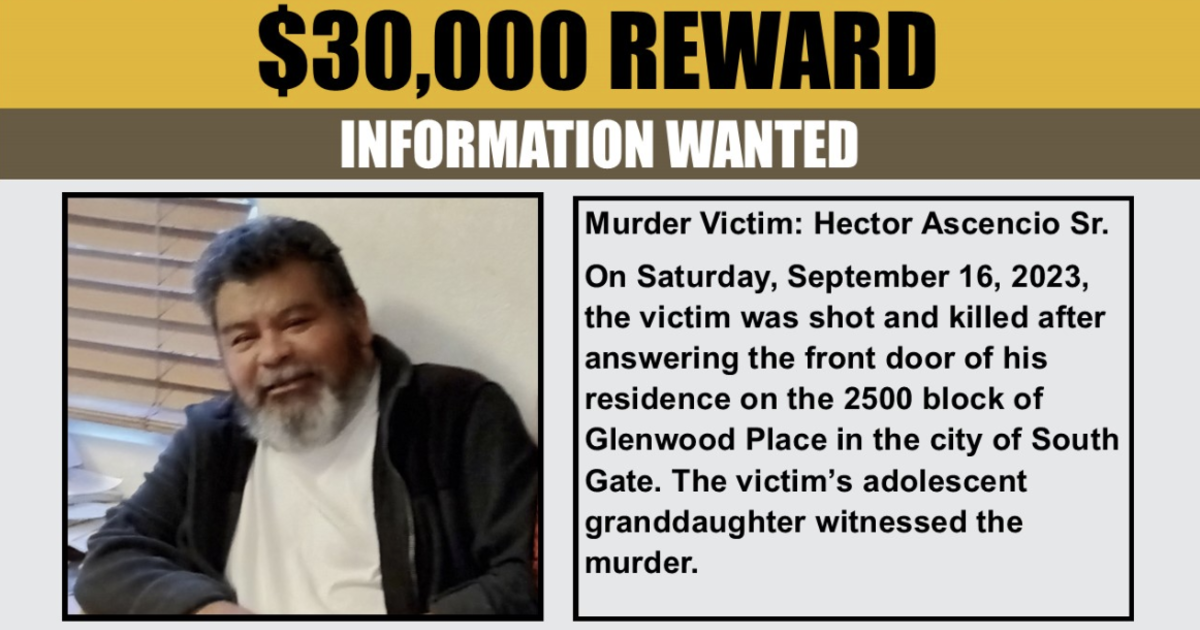Leveraging Health Education In Los Angeles To Achieve A Directorship
As Los Angeles faces a shortage in primary care doctors, nurses and similar healthcare providers are picking up the slack to help streamline patient flow, so more physicians are available for patients who need them most. In light of a recently introduced bill that would allow nurse practitioners to act as a primary care physician in the absence of a doctor, education in the nursing field has never been more important than it is now.
Catherine Munoz, who earned her bachelor of science in nursing from Chamberlain College of Nursing (formerly Deaconess College of Nursing), is living proof of just how critical an education can be to a nurse's professional growth.
Advanced training and education necessary for career advancement
As the director of perioperative services at a large acute care facility in Los Angeles, Munoz is responsible for overseeing pre- and post-surgical outpatient departments, and managing the overall quality of care provided. Her initial training and experience as a nurse's aide and licensed vocational nurse (LVN) taught her proper bedside manners when dealing with patients.
As a student in the LA County nursing program at USC Medical Center School of Nursing, where she earned her associate nursing degree and registered nurse's license, Munoz found her calling in the surgical unit after spending most of her clinical rotations in surgery. But it wasn't until she earned her bachelor's degree in nursing, after many years on the job, that Munoz started to see some real career growth.
"The BSN program brought management and financial skills necessary to deal with the business side of healthcare," recalls Munoz. "Keeping costs down while providing safe care is a high focus of my position, while always remembering and respecting the human aspects of supervising caregivers and responding to patients' concerns and questions."
From management to directorship
After Munoz's first year out of nursing school, she was put in charge of cardiac surgery service, eventually becoming a service line coordinator and later a manager, which gave her experience overseeing larger service lines. "Eventually, I managed larger operating room departments, but had some difficulty getting from management to directorship," says Munoz.
Munoz ended up taking a break from the O.R. to work as legal nurse consultant and hospital risk manager before being offered her first O.R. directorship, which allows her to keep some degree of clinical skills amid financial demands and managerial duties which take more precedence for her now. She still dresses in scrubs and visits the operating rooms she oversees on a daily basis to ensure optimal performance.
In light of her own personal road to success, Munoz recommends taking risks to gain experience, which is exactly what she did when she decided to take a break from the operating room. "Longevity is certainly an honorable characteristic, but you learn so much more from others in different organizations and you get to decide what to take with you and what to leave behind," says the nursing graduate turned director.
Niki Payne is a freelance writer covering all things Entertainment in Los Angeles. Her work can be found on Examiner.com.




